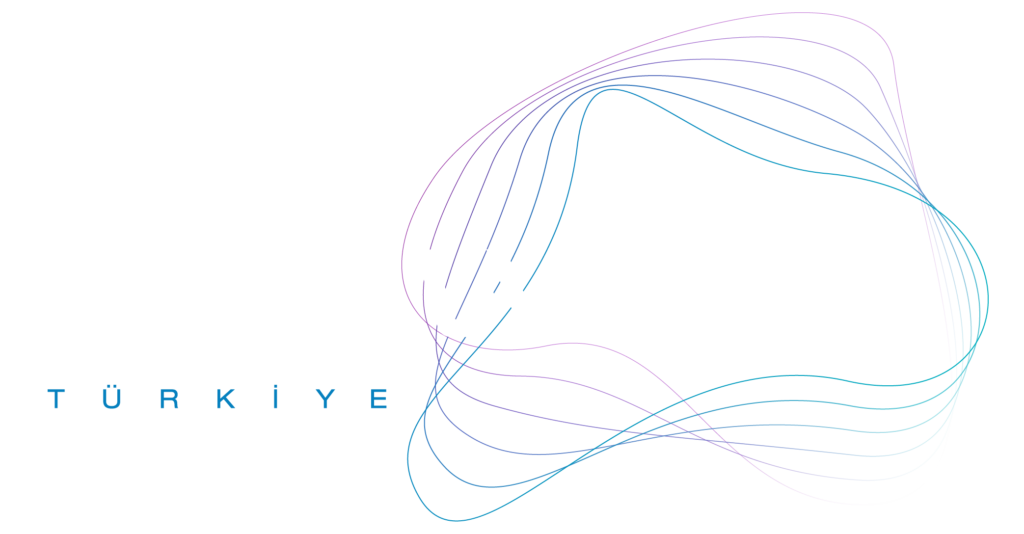Collagen, a vital structural protein in our bodies, diminishes with age, contributing to the visible signs of aging. Hydrolyzed collagen, broken down into smaller peptides, is thought to be more easily absorbed by the body, potentially offering a way to replenish lost collagen.
Clinical evidence points to the effectiveness of hydrolyzed collagen in improving various signs of skin aging. A systematic review and meta-analysis by Miranda, Weimer, and Rossi (2021) concluded that oral supplementation with hydrolyzed collagen significantly improved skin hydration, elasticity, and wrinkles (Miranda, Weimer, & Rossi, 2021).
Collagen peptides, derived from hydrolyzed collagen, have shown promise in repairing photoaged skin cells. Liu et al. (2019) discovered that collagen peptides activated certain pathways in skin fibroblasts, promoting collagen synthesis and reducing collagen degradation (Liu et al., 2019).
The benefits of hydrolyzed collagen extend beyond dietary supplements to cosmetic applications. As Lupu et al. (2019) highlight, hydrolyzed collagen’s ability to attract skin fibroblasts makes it a valuable ingredient in skincare products (Lupu et al., 2019).
The body of research reviewed indicates that hydrolyzed collagen is a promising ingredient in the fight against skin aging. Its potential to improve skin hydration, elasticity, and reduce wrinkles, coupled with its antioxidant properties, makes it a compelling choice for those seeking to maintain youthful skin. While further research is warranted, current evidence suggests that hydrolyzed collagen supplements and topical applications could play a significant role in anti-aging skincare routines.
References
Liu, Z. H., Li, Y., Song, H., He, J., Li, G., Zheng, Y., & Li, B. (2019). Collagen peptides promote photoaging skin cell repair by activating the TGF-β/Smad pathway and depressing collagen degradation. Food & Function.
https://doi.org/10.1039/c9fo00610a
Lupu, M., Grădișteanu Pîrcălăbioru, G., Chifiriuc, M., Albulescu, R., & Tanase, C. (2019). Beneficial effects of food supplements based on hydrolyzed collagen for skin care (Review). Experimental and Therapeutic Medicine, 20, 12-17.
https://doi.org/10.3892/etm.2019.8342
Miranda, R. B. de, Weimer, P., & Rossi, R. (2021). Effects of hydrolyzed collagen supplementation on skin aging: a systematic review and meta‐analysis. International Journal of Dermatology, 60.
https://doi.org/10.1111/ijd.15518
Słupczyńska, A., Gorczyca, K., Artykiewicz, K., Urbaś, W., Podgórska, K., Puła, A., … Krzysiek, U. (2022). What we know about oral collagen supplementation for skin health – a literature review. Journal of Education, Health and Sport.
https://doi.org/10.12775/jehs.2023.13.01.038
Wang, X., Hong, H., & Wu, J. (2019). Hen collagen hydrolysate alleviates UVA-induced damage in human dermal fibroblasts. Journal of Functional Foods, 63, 103574.
https://doi.org/10.1016/j.jff.2019.103574

